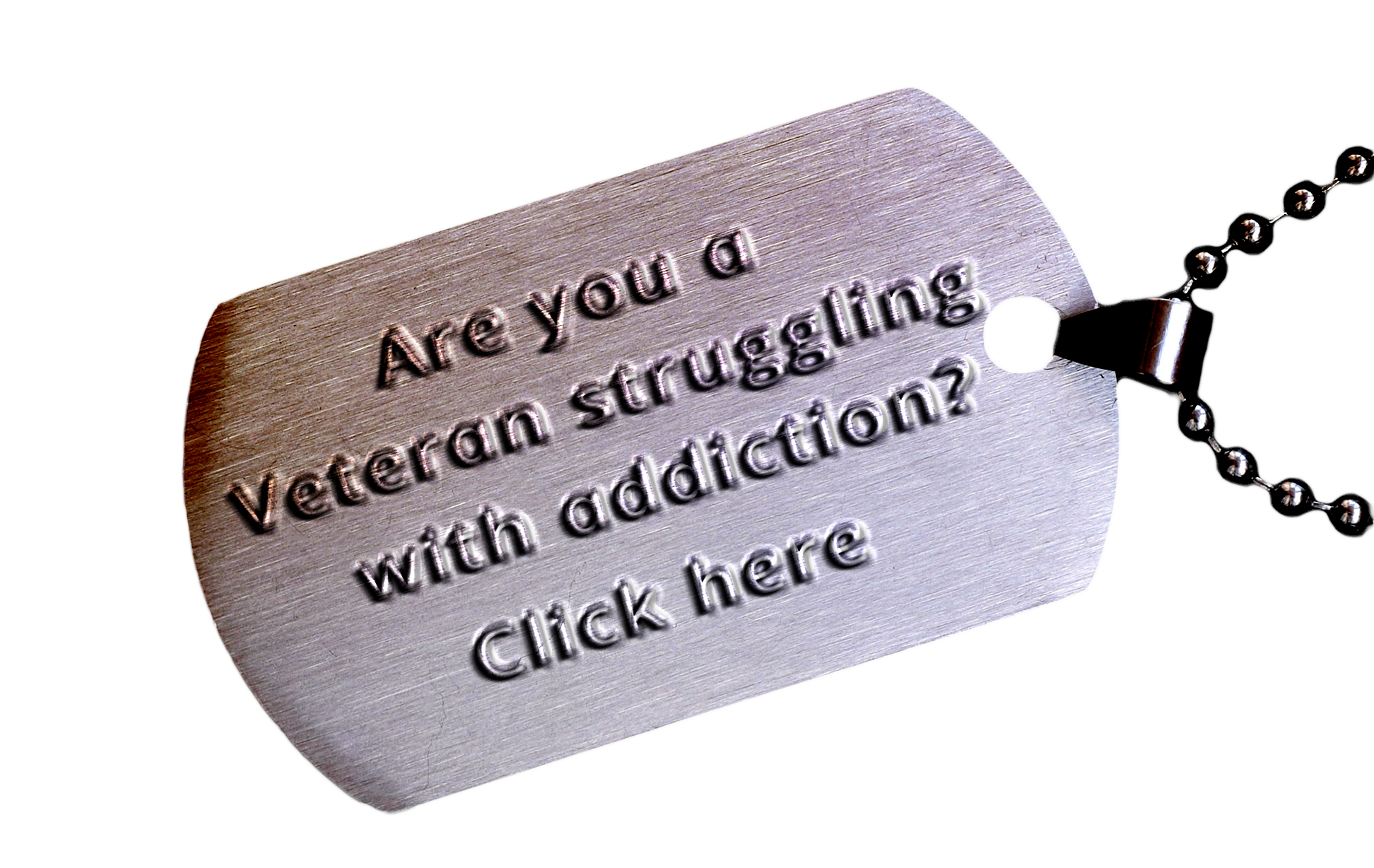Wat IS VERSLAVING
Het zit zo: onze hersenen zijn zo ingesteld dat we dingen willen doen die goed voelen. Dus als het om verslaving gaat, blijven onze hersenen ons pushen om die high na te jagen of dat gedrag steeds opnieuw te doen. Het is alsof onze hersenen op repeat staan en voor mensen die lijden aan verslaving is het moeilijk om op de pauzeknop te drukken.





